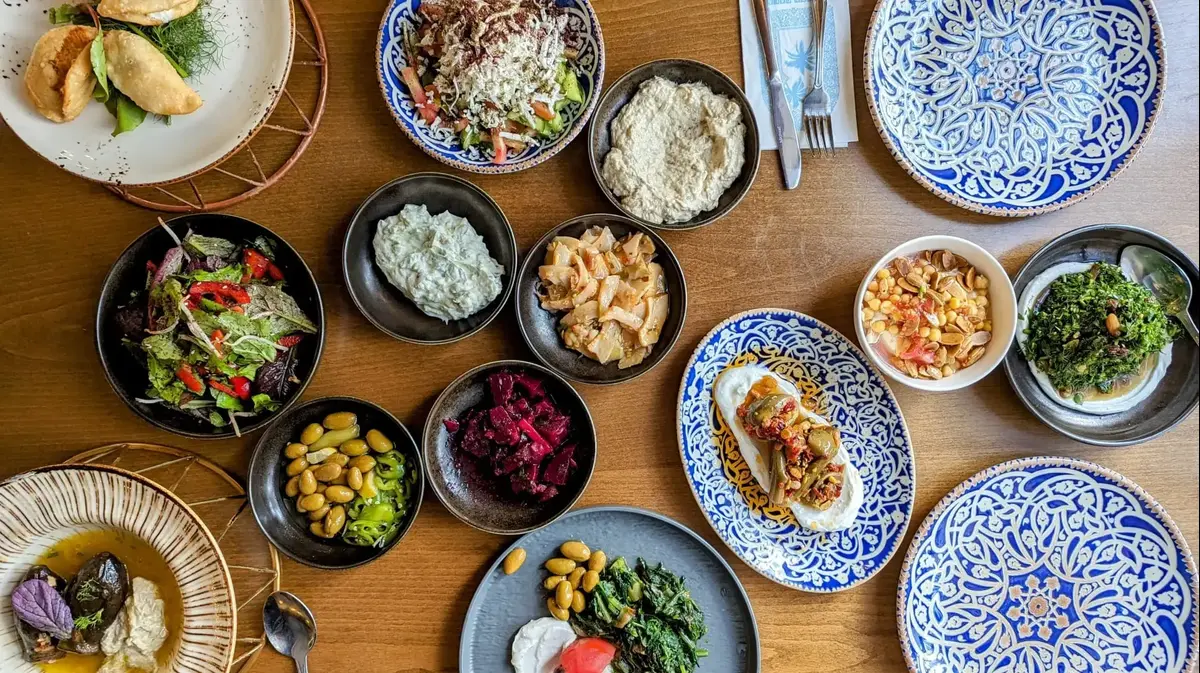"Wesh..." This is an exclamation that we hear more and more among young people.
In the same way as "moula" (money), "khapta" (drunk), "hess" (misery) or even "zéref" (irritated) are multiplying on a daily basis.
If these expressions often disconcert parents, they are now part of the language.
How to explain it?
” READ ALSO – Ten Gallic words that we use in French
A number first: Arabic is, according to Jean Pruvost, emeritus linguist and author of
Our ancestors the Arabs, what our language owes them
published (Lattès), the third language to which French owes the most words in its vocabulary. .
Then a story: as the author writes in his book, Mediterranean trade and the conquest of the Iberian Peninsula have bequeathed a certain number of words in the French language since the 9th century.
"The words of rap are transmitted on the networks, mainly Snapchat and TikTok"
Julien Barret, linguist specializing in the rap world
The Mediterranean basin was indeed the trading platform, so the French naturally imported the names of these traders.
In food, this was the case for the words “orange”, “eggplant” and “spinach”;
in clothing, think of the "vest" (from the Maghrebi Arabic "galika" which arrived in French via the Spanish "jileco"), the "store" (from the Arabic "mahazin" designating the 'warehouse') and 'cotton'.
In medicine we find the "massage", the "elixir"... Some terms have also traveled while keeping their original designation: the letter K, the number 0 (but which meant "empty") just like the " algebra” and “dials”.
From the 19th century, borrowings from the Arabic language due to military slang have also taken over common language.
This is the case with the words “toubib” (which comes from Arabic), “maboul” and “nouba” all come from Arabic and are more or less Frenchified to replace the old expressions of popular language.
Culture as a gateway for Arabic words
Since then, culture has been one of the gateways to Arabic words in French.
If the works of Azouz Begag and Faïza Guène, for example, at the end of the 20th and the beginning of the 21st centuries, relearned how to "kiffer" and talk about "bled", it is through rap and the networks. that this vocabulary continues to travel.
Rap being
"at the beginning of the chain of the journey of Arabic words in French"
, notes Julien Barret, linguist specializing in the world of rap.
The group PNL which chooses to insert many Arabic words in their songs, embodies this enthusiasm.
Same thing with rappers Booba, Ninho or singer Aya Nakamura (in her hit “6.3” with rapper Naps, for example, we can hear the words “khapta” (drunk), “hbiba” (darling) or “ jbiba” (new)).
As shown by the National Syndicate of Phonographic Publishing, in 2020, 7 albums among the 10 best-selling were classified in this musical genre.
This may explain the popularization of slang terms mainly from the "darija" vocabulary (Arabic spoken by North Africans and Sephardic Jews) such as "wesh", "belek" (beware), "khalass" (party), "seum (depression, blues) with a young audience.
“Indeed,
confirms Julien Barret
, the words of rap are transmitted on the networks, mainly Snapchat and TikTok when young people discuss.”
However, these platforms are mainly used by 11-12 year olds, as we read in a study carried out by Génération Numérique in 2021.
Slang is defined as being only spoken within its community.
It is therefore not insignificant that the parents do not understand it, just as they, in their time, had parents who did not understand the terms "chourave", "keufs", "girls", "chebran", "chetron" … This is enough to decipher the most obscure conversations of your offspring!






